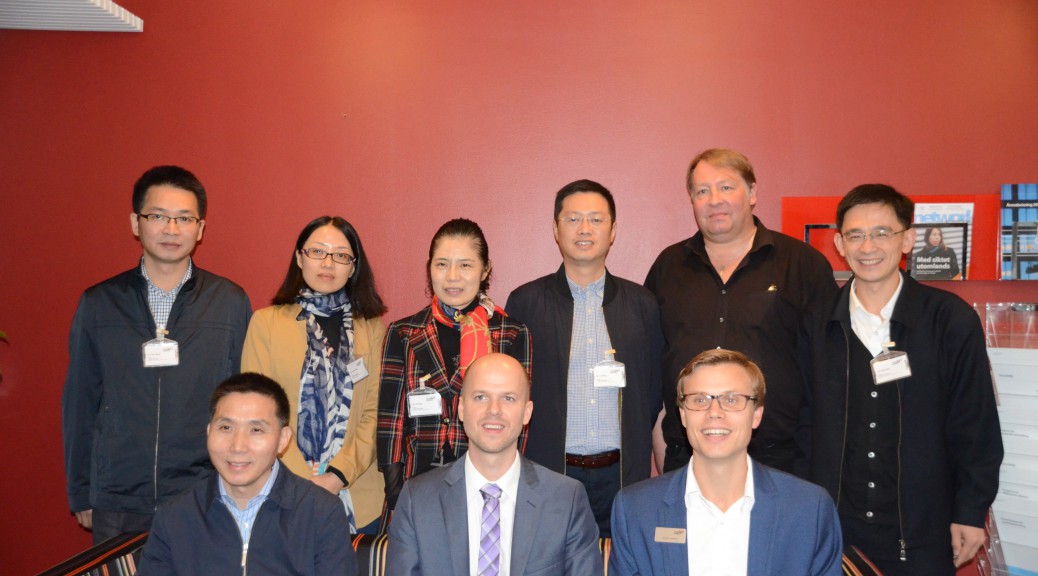STOCKHOLM, Oct. 18(Greenpost)–Chinese President Xi Jinping will start to pay his first state visit to Britain on Monday.
As the comprehensive strategic partnership between China and Britain enters its second decade, the visit is expected to open a new chapter for bilateral ties.
During his five-day visit, Chinese President Xi Jinping will hold talks with British Prime Minister David Cameron. The two leaders will map out the blueprint for the future development of bilateral ties.
Xi will also meet with leaders of opposition parties and top MPs.
The two countries are also expected to make progress on trade and economic cooperation during the Chinese president’s visit. A number of deals on energy, finance, real estate, medical treatment and automobiles are likely to be inked.
Cultural exchange will also be highlighted. This year marks the first “China-UK Cultural Exchange Year”. Both sides have held various activities, providing opportunities for the two peoples to communicate with each other.
Alan MacFarlane, anthropologist and a Professor Emeritus of King’s College of the University of Cambridge, says he expects the upcoming Chinese president’s visit to further boost cultural exchanges.
“There are going to be big culture exchanges between China and Britain. For example, British museum is sending objects to China, so does Victoria Albert museum and other museums. The Shakespear Global Company is going to go to China… This is the year of culture exchange between Britain and China, so much more is beginning to happen.”Professor MacFarlane first visited China in 1996. And since 2002, he’s traveled to China every year.
The professor says huge changes have been taken place in China.
“There is immense progress in every field of China, and most of it, it is what I would think was the right direction, it is a very difficult place to keep together, and no other political system that I know of, for example, western democratic system, which was designed for a few million people on this island of England, and then take it to America else where, it is very difficult how that to know how that could hold together 1.3 billion people in a satisfactory way, So China is doing extremely well.”
Yet China remains a mystery to many in the western world, says the professor, who’s also a historian.
“As a historian, I’ve studied my own civilization, Europe. And our history is a terrible story of empirical attacks on the rest of the world, my own nation of Britain is not the worst, but it has its empire, and there are other empires and missionary efforts, to try to conquer the rest of the world. Either into ask or to take their wealth, and make ourselves wealthy with it. China has a different model, which is gradual expansion of the Han people, into empty or half field area surrounds them. But China does not on the whole try to conquer them, so China is one of the few civilizations on earth which when it is very powerful has not tried to build up a huge overseas expanded empire, so we do not need to fear China.”










